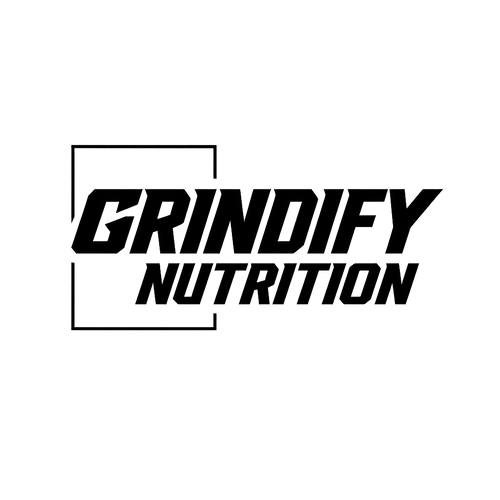Essential Tips for Effective Bulking
- Caloric Surplus: Consume more calories than you burn to promote muscle growth.
- Balanced Macronutrients: Ensure adequate protein, carbohydrates, and fats in your diet.
- Progressive Overload: Gradually increase the intensity of your workouts to stimulate muscle development.
- Consistency: Maintain regular training and nutrition habits for sustained progress.
- Recovery: Prioritize rest and sleep to support muscle repair and growth.
Comprehensive Guide to Effective Bulking: Strategies for Muscle Growth
Achieving a muscular physique requires a strategic approach to bulking—the process of gaining muscle mass through a combination of proper nutrition, training, and recovery. This guide addresses common questions and provides evidence-based strategies to help you bulk up effectively.
Understanding Bulking
Bulking involves consuming a caloric surplus to promote muscle hypertrophy (growth). While some fat gain is inevitable, the goal is to maximize muscle gain while minimizing fat accumulation.
1. Establishing a Caloric Surplus
To gain muscle, you must consume more calories than your body expends. Here's how to determine your caloric needs:
- Calculate Maintenance Calories: Determine your Total Daily Energy Expenditure (TDEE) using online calculators that consider factors like age, gender, weight, height, and activity level.
- Set a Surplus: Aim for a daily surplus of 250-500 calories above your TDEE. This range supports muscle growth while limiting excessive fat gain.
2. Balancing Macronutrients
Proper macronutrient distribution is crucial for muscle development:
- Protein: Consume 1.6-2.2 grams of protein per kilogram of body weight daily to support muscle repair and growth.
- Carbohydrates: Carbs provide energy for intense workouts. Aim for 4-7 grams per kilogram of body weight, depending on training intensity.
- Fats: Include healthy fats, comprising about 20-30% of your total daily caloric intake, to support hormone production and overall health.
3. Implementing Progressive Overload
To stimulate muscle growth, progressively increase the demands on your muscles:
- Resistance Training: Engage in weightlifting routines that target all major muscle groups.
- Gradual Increase: Regularly increase the weight, reps, or intensity to continually challenge your muscles.
4. Maintaining Consistency
Consistency in training and nutrition is vital:
- Structured Routine: Follow a well-designed workout program that aligns with your goals.
- Meal Planning: Prepare balanced meals to ensure adherence to your nutritional goals.
5. Prioritizing Recovery
Muscle growth occurs during recovery:
- Sleep: Aim for 7-9 hours of quality sleep per night to facilitate recovery and hormonal balance.
- Rest Days: Incorporate rest days into your training schedule to allow muscles to repair and grow.
Addressing Common Bulking Questions
*Based on discussions from fitness communities, here are answers to frequently asked questions:*
Q1: How do I eat enough to support bulking?
Increasing caloric intake can be challenging. Strategies include:
- Frequent Meals: Consume smaller, nutrient-dense meals throughout the day.
- Calorie-Dense Foods: Incorporate foods high in healthy fats, such as nuts and avocados, to increase caloric intake without large volume.
- Liquid Calories: Utilize smoothies or shakes to add calories without feeling overly full.
Q2: How do I determine my maintenance calories?
If you're not gaining or losing weight at your current intake, you're likely at maintenance. Adjust based on activity levels and monitor changes over time.
Q3: Will I be stuck in a bulk/cut cycle indefinitely?
The bulk/cut cycle is common in bodybuilding. However, periods of maintenance can help you enjoy your physique without constant calorie adjustments.
Q4: How can I minimize fat gain during a lean bulk?
To limit fat accumulation:
- Moderate Surplus: Keep your caloric surplus modest to reduce fat gain.
- Monitor Progress: Regularly track body composition and adjust intake as needed.
- Quality Nutrition: Focus on whole, nutrient-dense foods to support muscle growth and overall health.
Q5: Is excessive protein intake harmful?
While protein is essential, excessive amounts don't equate to increased muscle gain and may stress the kidneys, especially in individuals with pre-existing conditions. Aim for recommended protein intake levels.
Effective bulking requires a balanced approach that includes a caloric surplus, proper macronutrient distribution, progressive training, consistency, and adequate recovery. By addressing common concerns and implementing these strategies, you can promote muscle growth while minimizing unwanted fat gain.
*Note: Always consult with a healthcare or fitness professional before making significant changes to your diet or exercise routine.

